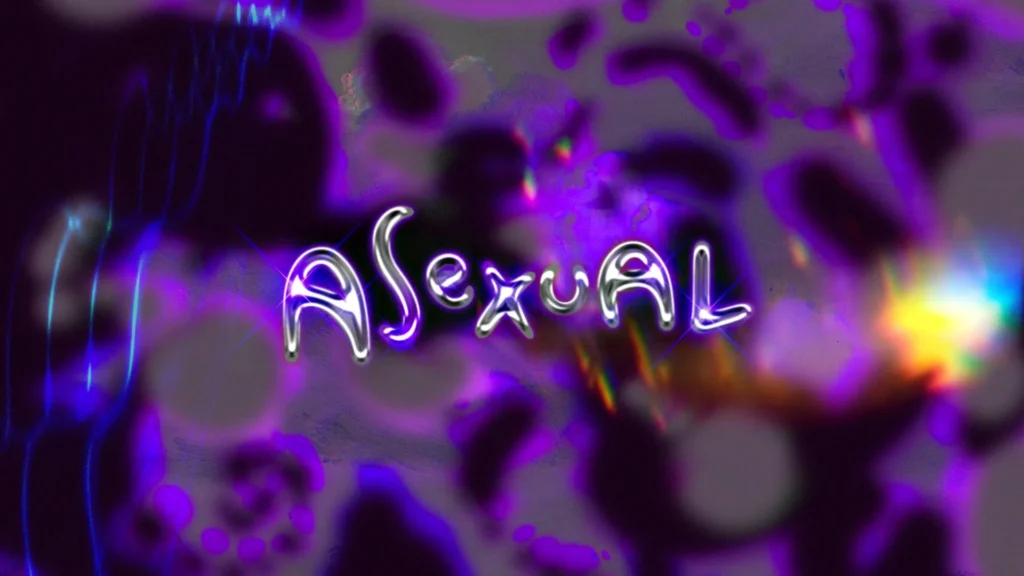In a world where sexuality is often considered central to relationships and identity, asexuality is a lesser-known but valid and important sexual orientation. If you’ve ever asked yourself, “What does it mean to be asexual?“, you’re not alone. This blog dives deep into the definition, signs, myths, and realities surrounding asexuality, and how individuals can seek understanding and support, including professional help from clinics like Ask Passion Fruit in Pune, the best sexual wellness clinic in Pune for asexual treatment in Pune.
Understanding Asexuality
Asexuality, often abbreviated as “ace,” is a sexual orientation characterized by a lack of sexual attraction to others. This doesn’t necessarily mean that asexual people can’t have relationships or don’t desire emotional intimacy. Rather, they simply don’t experience sexual attraction in the way most people do.

Types of Asexual Identities
Asexuality exists on a spectrum, and people may identify in various ways:
- Graysexual (Gray-Ace): Individuals who experience sexual attraction rarely or under specific circumstances.
- Demisexual: Individuals who only feel sexual attraction after forming a deep emotional bond.
- Aromantic: People who don’t experience romantic attraction (which can be different from sexual attraction).
Signs You Might Be Asexual
If you’re wondering whether you fall under the asexual spectrum, here are some common signs:
- You’ve never felt sexual attraction to anyone.
- You feel indifferent or even repulsed by the idea of sex.
- You enjoy romantic relationships but don’t feel the urge for physical intimacy.
- You feel disconnected from discussions about sexual desire or “crushes.”
- You prefer emotional intimacy over physical closeness.
However, only you can define your own identity. There’s no single “checklist” for being asexual.
Asexuality vs. Celibacy
A common misconception is confusing asexuality with celibacy. While both involve abstaining from sex, there’s a crucial difference:
- Celibacy is a choice to refrain from sexual activity, often for personal, religious, or cultural reasons.
- Asexuality is an orientation, meaning it’s an innate part of a person’s identity—not a lifestyle decision.
Can Asexual People Have Relationships?
Absolutely. Many asexual individuals form deep emotional, romantic, and even physical relationships based on mutual understanding. Some may choose to have sex for their partner’s needs or to start a family, while others may opt for platonic partnerships.
The key to a fulfilling relationship is communication, boundaries, and mutual respect.
Common Myths About Asexuality
Let’s bust a few common myths:
❌ “Asexual people are just shy or inexperienced.”
👉 Not true. Asexuality is about lack of sexual attraction, not social skills or experience.
❌ “Asexuality is a medical problem or hormonal imbalance.”
👉 False. Asexuality is a valid sexual orientation, not a disorder.
❌ “Asexual people can’t be in relationships.”
👉 Wrong. Asexual people can and do form strong, loving relationships.
Medical Support and Counseling
While asexuality is not a disorder and doesn’t require “treatment,” some individuals may want to explore their identity or rule out medical causes such as low libido due to hormonal imbalances, depression, or medication side effects.
In such cases, seeking guidance from a professional can be empowering.
🌟 Ask Passion Fruit – Best Clinic for Asexual Treatment in Pune
If you’re based in Pune and want to explore your identity or discuss concerns related to low libido or sexual wellness, Ask Passion Fruit is the best sexual wellness clinic in Pune. Their team of compassionate, non-judgmental professionals offers a safe space to discuss:
- Asexuality and identity exploration
- Relationship counseling
- Hormonal assessments
- Psychological support for sexual wellness
Ask Passion Fruit specializes in asexual treatment in Pune, providing holistic care tailored to your individual needs.
The Importance of Asexual Visibility
Representation matters. For years, asexuality has been underrepresented in media, education, and healthcare. But increased visibility has helped many feel seen and accepted. The asexual pride flag—black, grey, white, and purple—symbolizes the community’s diversity and strength.
Ways to Support Asexual Individuals:
- Listen without judgment
- Respect their boundaries
- Educate yourself and others
- Avoid pressuring them into conforming to societal norms
How to Come Out as Asexual
Coming out is a personal choice. If you feel safe and ready, consider these steps:
- Start by coming out to trusted friends or family.
- Use online support forums like AVEN (Asexual Visibility and Education Network) for guidance.
- Be patient with those who may need time to understand.
Remember, you are valid, whether or not you choose to come out.
Final Thoughts
So, what does it mean to be asexual? It means you experience the world through a different but equally valid lens—one where emotional connection, friendship, trust, and love are often more meaningful than sexual desire.
If you’re struggling to understand your feelings, remember: you don’t have to walk this path alone. Clinics like Ask Passion Fruit in Pune are dedicated to helping you explore your identity, offering expert guidance and support with compassion and confidentiality.












